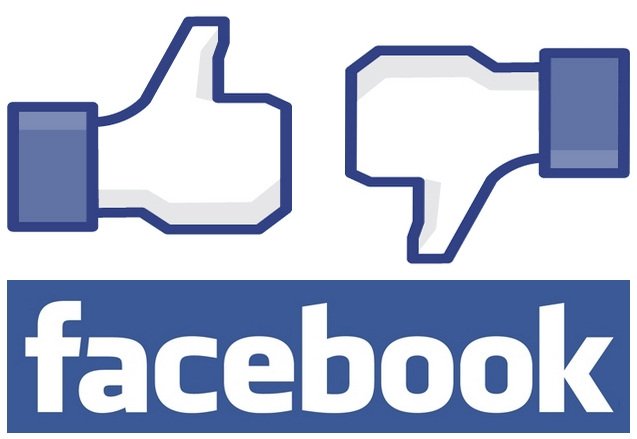
Facebook has revealed that it believes there are now more than 83 million fake users on the social network.
In Facebook filings published this week, it said 8.7% of its 955 million active users might not be real.
Duplicate profiles made up 4.8% of the users, user-misclassified accounts amounted to 2.4%, and 1.5% of users were described as “undesirable”.
The estimate came at a time of growing concern about the value of marketing on the platform.
In total, the company said it estimated there were 83.09 million fake users, which it classified in three groups.
The largest group of “fakes” were duplicates, which the company defined as “an account that a user maintains in addition to his or her principal account.”

Others were described as “user-misclassified” where, Facebook explained “users have created personal profiles for a business, organization, or non-human entity such as a pet”.
Finally, “undesirable” accounts were profiles deemed to be in breach of Facebook’s terms of service. Typically, this means profiles which have been used for sending out spam messages or other content.
Facebook, whose business model relies on targeted advertising, is coming under increased scrutiny over the worth of its advertising model which promotes the gathering of “likes” from users.
“We generate a substantial majority of our revenue from advertising,” the company said in its filing.
“The loss of advertisers, or reduction in spending by advertisers with Facebook, could seriously harm our business.”
Last week, digital distribution firm Limited Press alleged that, based on its own analytics software, 80% of clicks on its advertisements within Facebook had come from fake users.
In a post on its Facebook page, the company said: “Bots were loading pages and driving up our advertising costs. So we tried contacting Facebook about this. Unfortunately, they wouldn’t reply.
“Do we know who the bots belong too [sic]? No. Are we accusing Facebook of using bots to drive up advertising revenue. No. Is it strange? Yes.”
After a surge of attention to the company, it has since removed the Facebook posting, and said Facebook was now looking into its concerns.